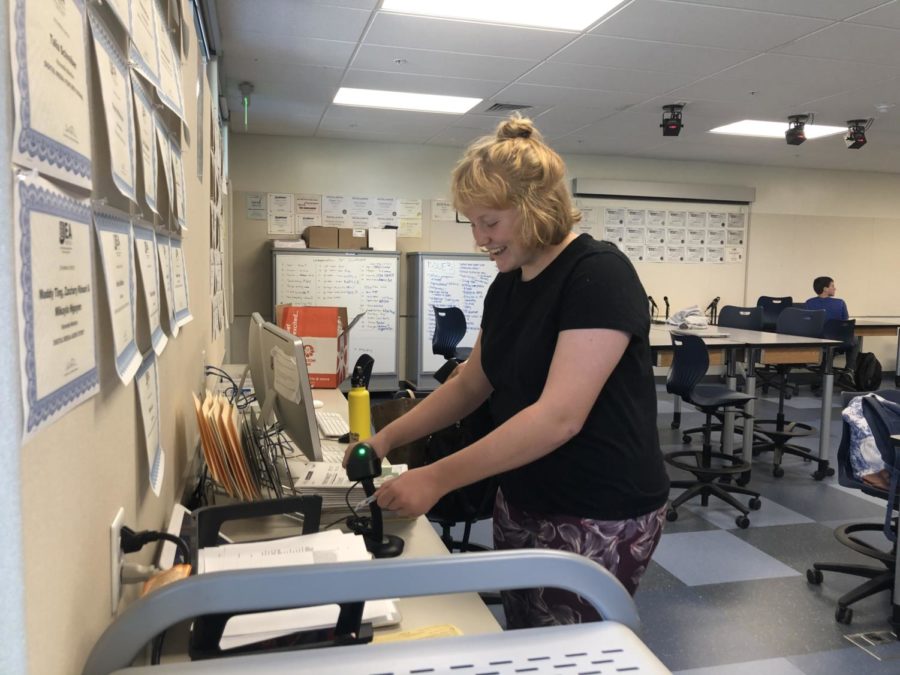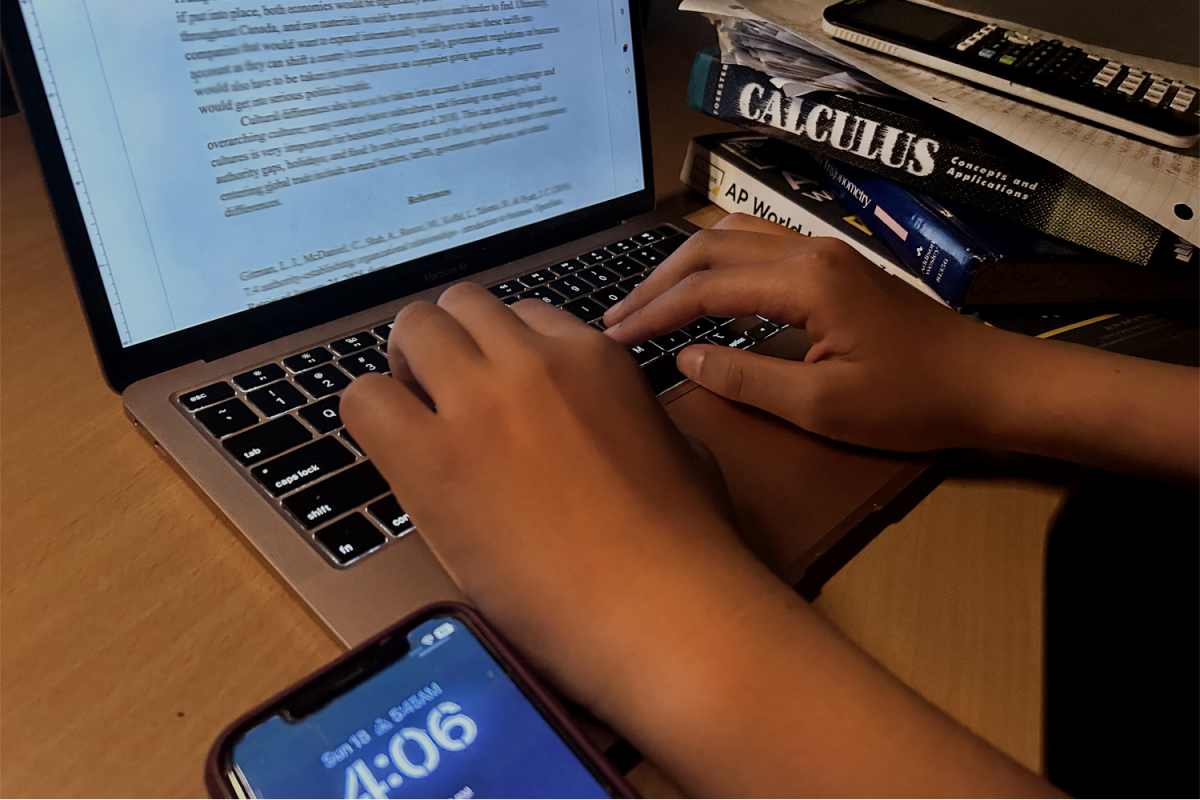Carlmont High School is experimenting with new bell schedules to try to lighten the workload on high school students, but there are some mixed opinions among staff and students.
For the 2019-20 school year at Carlmont High School, the daily schedules are being trialed. This includes Flex time, a 30-minute period in the day for students to do whatever is needed for their classes. The aim of this is to give students more time to complete homework, makeup tests, and talk with their teachers.
“This came about from our WASC report from 2018. The action plan was to put a committee together to determine if our bell schedule could be improved to address the school goals,” said Principal Ralph Crame.
Students have much to say about the advantages and disadvantages of this new schedule.
“I thought block schedule would be much worse but I am starting to like it. It’s nice to sleep in on Wednesday and Thursday and it gives me less homework on certain days,” said Jackson Gibbs, a sophomore.
Another student brought light to the disadvantages of flex time.
“I don’t like block schedule because I think that it makes it harder to pay attention in class, and although I understand why some people could appreciate having longer periods to do labs in science, I think it makes it harder to focus and kind of taints the whole flex system as a whole,” said Katelyn Nightengale, a sophomore.
Similar to the students, teachers also have varying opinions on the modified block schedule.
“Flex time is beneficial because students can makeup tests and quizzes and teachers can eat and go to the bathroom and breathe at lunch, which is what we’re supposed to do instead of rushing around trying to make things up,” said French teacher Kathryn Burton.
There appears to be a division on the effectiveness of the block schedule among different subjects. For example, language and science teachers and their classes are adapting more easily to the longer periods. In contrast, the math and history teachers and classes are having a harder time due to their more rigid weekly schedule.
However, this block schedule isn’t helpful to all teachers. Unlike Burton, history teacher Gregory Schoenstein has a different opinion.
“The students seem to be putting it to good use. The limitation is that it’s not long so if they need to make up a full-length test or write a full-length essay, you just don’t have enough time. If the goal was to create a situation where the teachers wouldn’t need to give up their lunch for students to be able to make things up, it fell short,” Schoenstein said.













